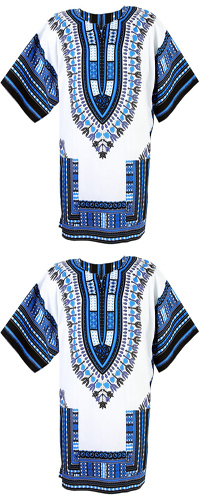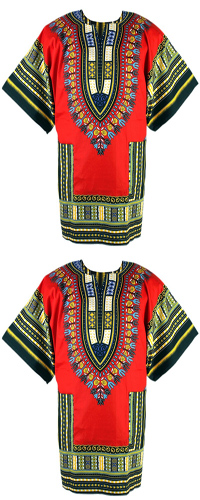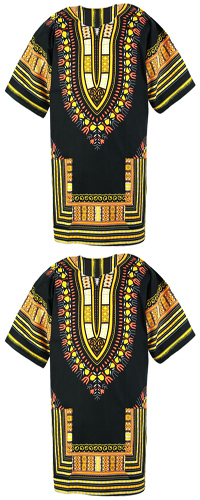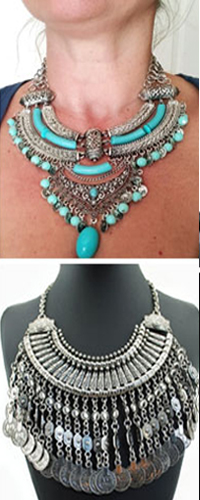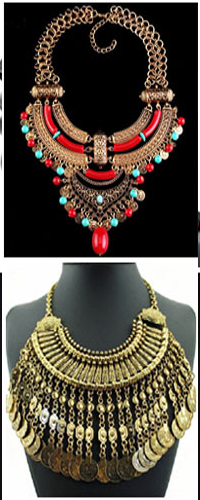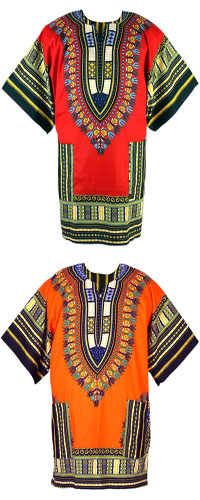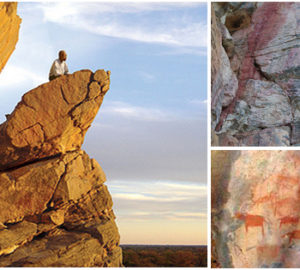10 health benefits of Kinkeliba
Known as the tree of health or the tree of long life, Kinkéliba is an exceptional plant whose leaves have been used for generations in traditional African pharmacopoeia and medicine.
In fact, this extraordinary plant is a shrub in the large combrétaceae family. It can grow to 4 or 5 meters.
Native to West Africa, it is found in Senegal, Mali, Niger, Guinea, Burkina Faso and Guinea, as well as Togo, Côte d’Ivoire and Sudan. It is little known outside Africa.
What are the health benefits of this plant?
All this information is for information purposes only. Do not hesitate to consult a physician for further information.
- 1/ Has many health benefits.
_anti-inflammatory and antibacterial effects
_powerful antioxidant
- 2/ Tea or tonic drink perfect for health.
It can be drunk as a hot or cold infusion. It’s a tonic, purifying tea or drink with a pleasant woody flavor that’s consumed regularly for its health benefits.
- 3/ Protects skin from the signs of aging.
Thanks to its antioxidant actions, this plant is useful for protecting the skin from the signs of aging. In fact, it helps the body get rid of free radicals such as pollution and pesticides.
- 4/ Useful for coping with obesity.
With its high flavonoid content, it is useful for tackling obesity. Drinking Kinkaleba herbal teas regularly, along with a healthy diet, helps you lose weight and maintain a stable weight.
- 5/ Fight diabetes and reduce cholesterol
Studies on kinkeliba leaves have shown that they also have the power to lower blood sugar levels. This is very useful for diabetics.
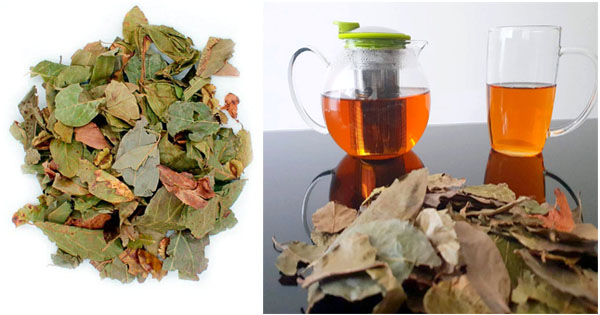
- 6/ Regulate blood pressure.
Catechin and tannin are two substances with hypotensive properties found in Kinkaleba that lower and regulate blood pressure.
- 7/ Accelerates wound healing.
It can be used to accelerate wound healing.
- 8/ Fighting malaria.
It can be used to combat malaria.
- 9/ Also combats stomach problems
It can be used for chronic constipation, biliary insufficiency and infectious diarrhea.
- 10/ Helps fight urinary tract infections.
To combat urinary tract infections (such as cystitis), drink a decoction of 1 liter a day.
- 11/ Useful for coping with anemia.
How is it consumed?
It is consumed as an infusion. In other words, a tea or tonic and energizing drink. In Senegal and Mali, for example, people eat the leaves for breakfast. They also take it during the Ramadan fasting break.
How to prepare Kinkaleba?
It is prepared as a decoction. Infuse a handful of leaves in 1 liter of hot water.
- Select 20 grams of dried leaves.
- Place in 1 liter of water.
- Bring to the boil.
- Remove from the heat when it starts to boil (3 minutes) and leave to infuse for around 20 minutes.
- All that’s left is to filter. Your preparation is ready.
When should you drink kinkeliba?
You can drink it all day long as a hot tea (2 to 3 cups a day) or as a cool, invigorating and energizing drink. Sugar is usually added.
But it can also be combined with other ingredients such as lemon, milk, bissap, etc…
Where can I buy it?
You can find and buy dried leaves in exotic and health food stores or on the Internet.
Safety precautions.
According to some studies, it is known to have almost zero toxicity.
However, it should not be used by pregnant or breast-feeding women, or by children under 2, without the advice of a doctor. And if you are taking medication, ask your doctor for advice.
A little history.
When does this plant arrive in France?
The French discovered this fabulous plant during colonization. In 1981, it was harvested by a doctor on a mission in Gambia. Surprised by the plant’s benefits, he sent a sample to the Marseille Faculty of Science. Then, in 1928, Ferdinand Toustou, a French entrepreneur living in Senegal, cultivated the plant and exported it to France. Finally, in 1937, kinkeliba was included in the French pharmacopoeia.
|
|
What do you think? Have you already consumed this plant? What other benefits do you think this plant has?



